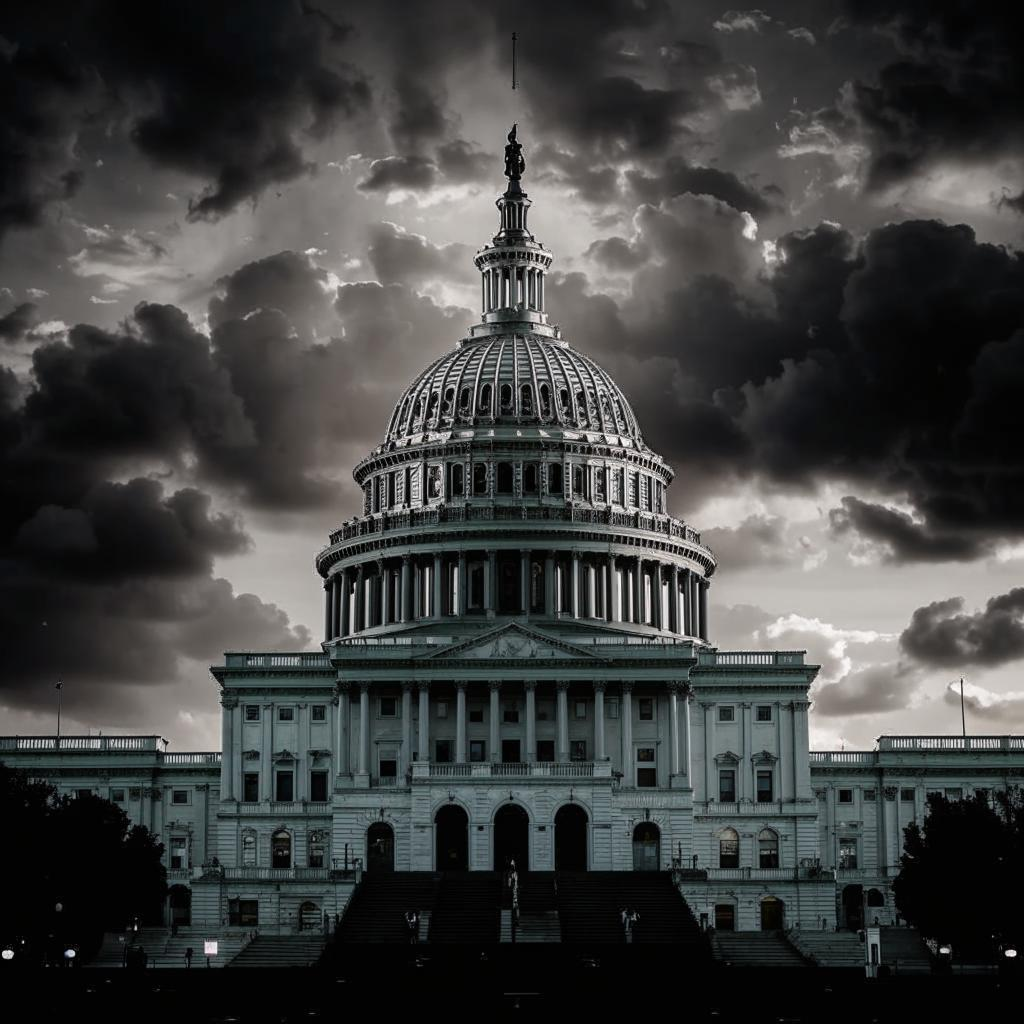Recent federal actions are raising alarms about election security. Experts worry changes to funding, oversight, and information sharing could compromise upcoming elections. They argue that shifting federal policies, enacted without consulting local election officials, undermine the integrity of the democratic process.
State and local election officials are expressing concerns about the lack of resources and authority to combat threats such as cyberattacks and disinformation campaigns. The fear is that such actions may create vulnerabilities that foreign actors or domestic entities could exploit to manipulate election results. Proposed changes to voter ID requirements and restrictions on mail-in voting are also stoking controversy.
Some critics claim that federal actions are politically motivated. Advocates respond that changes are needed to ensure uniformity and prevent voter fraud, though evidence for widespread fraud remains scant. The debate intensifies, with court challenges underway and partisan divides deepening. The Brennan Center for Justice and other organizations are closely monitoring the situation and advocating for measures to protect election integrity. The need for a secure and transparent election process is crucial, as any doubt can undermine public trust. The lack of cooperation between federal and local election officials is a roadblock to ensuring election security. The dispute is further inflamed by the upcoming election.
The controversy underscores the complexity of balancing federal oversight with state and local control in election administration. With the future of American elections at stake, finding common ground and implementing effective safeguards is critical to preserving the integrity of the democratic process.












